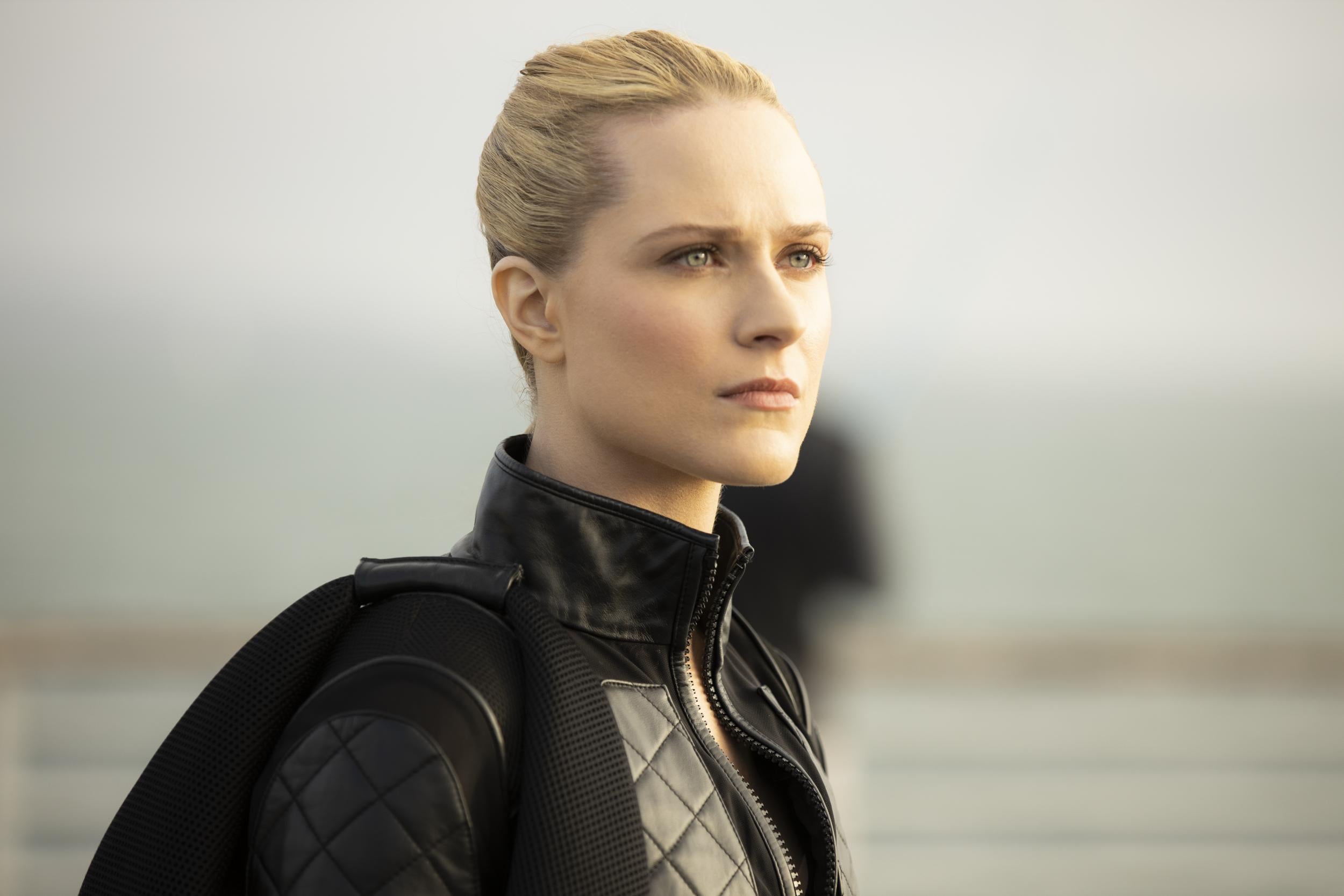Westworld season 3 review: Aaron Paul joins this gorgeous and tremendously entertaining drama
At the start of the third outing, the characters are in what appears to be the ‘real world’, although only a brave man would bet on it

Your support helps us to tell the story
From reproductive rights to climate change to Big Tech, The Independent is on the ground when the story is developing. Whether it's investigating the financials of Elon Musk's pro-Trump PAC or producing our latest documentary, 'The A Word', which shines a light on the American women fighting for reproductive rights, we know how important it is to parse out the facts from the messaging.
At such a critical moment in US history, we need reporters on the ground. Your donation allows us to keep sending journalists to speak to both sides of the story.
The Independent is trusted by Americans across the entire political spectrum. And unlike many other quality news outlets, we choose not to lock Americans out of our reporting and analysis with paywalls. We believe quality journalism should be available to everyone, paid for by those who can afford it.
Your support makes all the difference.There are some series you can pick up halfway through, like a magazine at the dentist, and get the gist of things pretty quickly. Westworld is not one of those programmes. HBO’s sci-fi-thriller about a futuristic theme park, based on a 1994 film, is pure, 100 per cent proof plot. Every answer begets another question, building a puzzle ride best enjoyed from the start. I can see why your more BBC Four-type of viewer might loathe it, but I can’t get enough. It’s a gorgeous Lost with robots, utter hokum and tremendously entertaining.
You’d expect nothing less from its creators, Lisa Joy and her husband, Jonathan Nolan. With his brother Christopher, Jonathan has written some of the most entertaining hokum of recent years. In Interstellar and The Prestige, two of the fratelli Nolani’s biggest non-Batman hits, their strategy was to offer enough spectacular misdirection – a wormhole near Saturn, David Bowie as Nikolai Tesla, Michael Caine as the head of Nasa – that you didn’t stop to think too hard.
The same is true in Westworld, which cannot be accused of resting on its premise. The first series was set almost entirely at the cowboy-themed theme park of the title, where hyper-realistic robots fulfilled the needs of their wealthy customers. The problems began when some of the staff began to remember what had happened to them, and developing what in humans we might call sentience. There are only so many times you can be shot dead at work before you consider unionising.
A less ambitious series might have stayed there, exploring different stories in the park, but to Westworld’s credit, it romped on through the second season, showing different-themed parks on the same island and expanding its vision of the world beyond its fences. Who owned the park? What IP were they testing? Where and when was this all meant to be taking place?
Now, at the start of the third outing, we are in what appears to be the “real world”, although only a brave man would bet on it. Sometime-cowboy moll Dolores (Evan Rachel Wood) is at large, apparently set on the destruction of the human race. Despite ruthless revolutionary tendencies and high-level computer nerdishness, she cannot quite do it alone. Enter new character Caleb (Aaron Paul, as easily soulful as ever), a troubled army veteran working as a builder. It’s an intriguing dynamic, which spins the Western dynamic on its head. Meanwhile the equally gifted but less genocidal robot Maeve (Thandie Newton) discovers that her notion of reality might not be as sure as she thought, while Bernard (Jeffrey Wright) is laying low in a meatpacking plant.
In the second episode of the four available to preview, there is a cameo from another recent HBO blockbuster. I would say don’t blink, but you’d have to be fast asleep not to see it. It’s a rare flash of wit in a series with a weakness for portentous musings about the nature of consciousness.
It’s a statement of intent, too. Westworld has emerged from its formative series with a similar dynamic to Altered Carbon, Netflix’s sci-fi in which human personalities can be stored as “stacks”, chips implanted in the neck of whichever form, or “sleeve” they like. Westworld’s aesthetic is more elegant than Altered Carbon’s ritzy cyberpunk, but its robots are likewise able to assume human forms and transfer their personalities. In both programmes, the effect is that characters needn’t be who they appear to be. Useful for plot twists, deathly to meaningful character development. Commitment comes harder when we suspect we are being tricked, even with a cast as strong as this one.
Westworld’s other problem is demanding we mind what befalls the robots. They might be sophisticated and beautiful robots with killer wardrobes, but it is hard to shake the suspicion that they are, on some level, Roombas on legs. EM Forster’s test of a round character was whether they were “capable of surprising in a convincing way”. The characters in Westworld struggle to surprise in this sense – partly because of how we understand computers. There must always be a higher programming force at work.
But when it’s this much fun, and looks this good, who cares?
Join our commenting forum
Join thought-provoking conversations, follow other Independent readers and see their replies
Comments